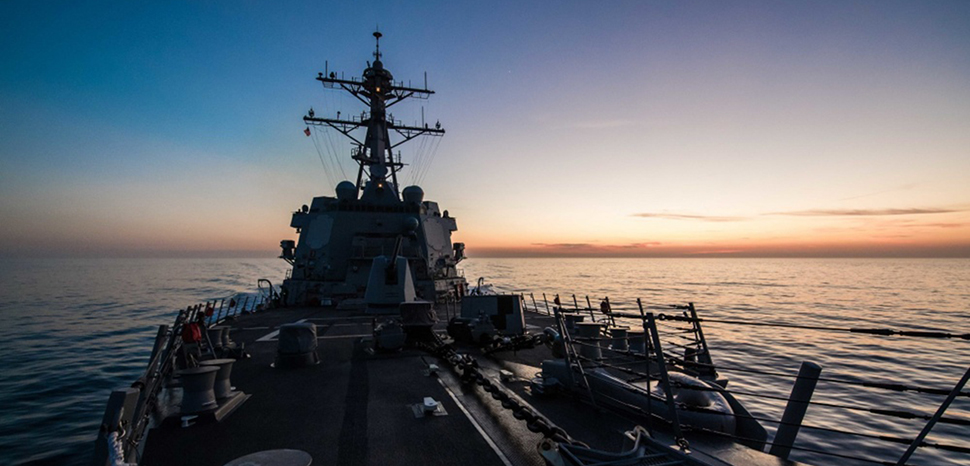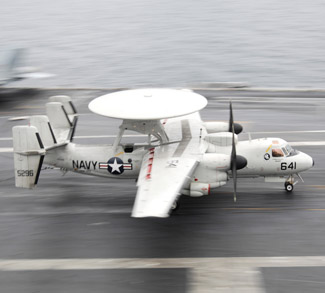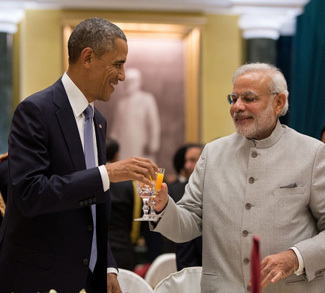Over the past few months, the Red Sea has witnessed a series of attacks on commercial vessels, most of which have been attributed to Iran-backed Houthi rebels in Yemen. These attacks have raised concerns over the safety and security of maritime trade routes in the region, with significant implications for global trade and stability given that roughly 10 to 15% of the global trade volume passes via the Red Sea.
The attacks have prompted key shipping lines to shift to a longer route, the Cape of Good Hope, consequently negatively affecting major industrial corporations and thus global supply chains. On a more regional level, the Houthi attacks have severely impacted Egypt as major shippers shift to alternative routes and bypass the Suez Canal. This has led to losses for Egypt amounting to an estimated $508 million so far, along with expectations that such losses are likely to continue should the threat from the Houthis remain. In the same vein, the Houthis’ maritime attacks in the Red Sea are holding up vital aid shipments intended for Sudan as well as driving up the costs for humanitarian agencies in the region.
The unprecedented threat posed by the Houthis to commercial vessels has prompted the formation of a US-led coalition and the initiation of Operation Prosperity Guardian, which intends to counter the threats posed by the Houthis as well as degrade their maritime attack capabilities, notably their armed drones and anti-ship missiles. While the US-led coalition has been relatively effective in degrading some of these capabilities, the Houthis continue to attack commercial vessels to date, further prompting the US to sanction the regime and designate the group as a “Specially Designated Global Terrorist.” Attacks have continued despite these US sanctions; in fact, they have been stepped up, with emerging reports indicating the confirmed first use of unmanned underwater vessels and new strikes against cargo ships now at risk of sinking.
Houthi maritime attacks are just one aspect of mounting risks of a broader regional conflict. And although countering the Houthis’ maritime threat directly is necessary, it is also crucial to recognize that countering Iran remains the core issue in addressing the root of the threat, especially since the Houthis have no chance to conduct such attacks without technical, logistical, and information support from Iran.
Some analysts believe that a direct confrontation between Iran and the United States and its regional allies remains highly unlikely. However, Iran has recently unveiled two new air-defense systems in response to growing tensions and to showcase its defensive capabilities. Furthermore, the escalating tensions in the Middle East, fueled by the Gaza war, may make Iran take an uncalculated step that can trigger wider regional conflicts.
Furthermore, the destabilized Middle East situation is inviting external players that could over time bolster Iran’s capabilities. This includes Russia, which has stepped up its diplomatic support for Hamas and the Houthis in addition to already increasing its ties with Iran since the Ukraine war broke out. In addition, Russia and China have directly criticized the US and the UK recently for airstrikes against the Houthi locations in Yemen. Given that the US-led strikes are known to have targeted missile launch sites to degrade the armed capabilities of the Houthis against attacking commercial vessels, Russia’s criticism clearly shows that it shares a common aim with Iran in undermining US influence in the Middle East.
With the world’s attention is also diverted by tensions in Gaza, the attacks of Iran’s proxies across the Middle East, and the ongoing Ukraine war, Iran also gains an unprecedented opportunity to advance its nuclear program, whose progress hasn’t been halted much by diplomatic efforts or sanctions by the international community. Speaking at the World Governments Summit that took place in the UAE last week, the director-general of the international atomic agency, Rafael Grossi, stated that Iran is not entirely transparent regarding its nuclear program. The statement by Grossi followed a very recent alarming interview with Ali-Akbar Salehi, the former head of Iran’s nuclear agency, whose remarks implied that Iran now has everything it needs to develop a nuclear weapon.
Undoubtedly, the threat posed by the Houthis in Yemen requires an internationally decisive military response, given how Houthi attacks on commercial vessels are negatively impacting the free and safe flow of shipping routes carrying almost 15% of the world’s trade volume. The current US-led Prosperity Guardian operation provides a clear example of such a response, yet it is important to further garner the collective collaboration of regional Arab nations in fending off the growing threats of Iran’s proxies, which risk drawing the region into deeper conflicts.
The views expressed in this article belong to the authors alone and do not necessarily reflect those of Geopoliticalmonitor.com.




